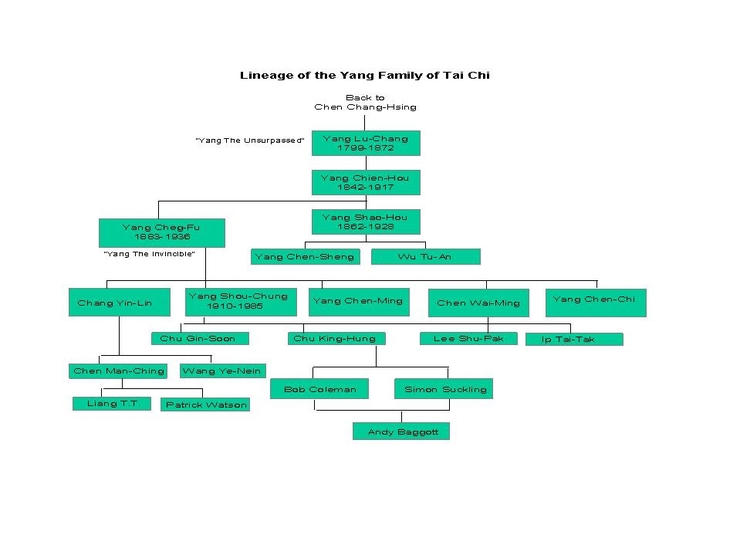Tai Chi
Tai Chi Chuan
Andy has been practicing Yang Family Tai Chi Chuan and Chi Kung for over 25 years.
He runs regular classes and gives private tuition in:
Yang Family Long Form
Sword Form
Staff Form
2-Man Form
Pushing Hands
Various forms of Chi Kung including Fragrant Chi Kung, Shibashi and 5 element Chi Kung.
Taoist meditation and breathing techniques
He also runs occasional one day workshops and gives talks about Tai Chi to local interest groups.
Tai Chi Classes
Weekly Classes are held at the following times and locations:
Wednesdays 7.30pm - 9.00pm Mells Tithe Barn, Mells, Nr. Frome, Somerset
Thursdays 7.00pm - 8.30pm Cranmore Memorial Hall, Cranmore, Nr. Shepton Mallet, Somerset.
Tai Chi Training Video
Andy has produced a training video for his students in collaboration with Frome Film and Video Makers.
It features a three-view screen so that students can see the main posture along with close-ups of hands and feet.
Contents
Introduction
Chi Kung - Five Element Chi Kung, Flying Wild Goose exercise, Standing Chi Kung
Yang Family Tai Chi Part One (with commentary)
Yang Family Tai Chi Part Two (with commentary)
Yang Family Tai Chi Full Form
Yang Family Sword Form
Group Tai Chi
Total Duration: 1 hour and 8 minutes
Guidelines for the practice of Tai Chi
Basic requirements:
Perseverance
This is fundamental for without it nothing can be achieved.
Concentration
This shortens the time required to learn the form and its underlying principles and leads to full mastery of the art.
Constancy
A student should practice all year round, even during severe winters and hot summers.
Patience
One should practice according to the order of the form and avoid trying to move forward onto a new movement before having fully mastered the preceding one.
A Place for Practice
Ideally choose an open, natural space with fresh air but no strong winds. Parkland and open spaces with mature trees make ideal practice venues. A beginner requires a large space, but for an advanced student a space of four square feet should be sufficient.
A Time for Practice
The best times are half an hour after rising and an hour before going to bed (assuming a practice session lasts 30 minutes-i.e. the session should finish half an hour before bed). Heavy meals should be avoided beforehand (at least two hours) and one should not practice when tired.
During Practice
Let go of all thoughts and breathe in a slow and relaxed manner in and out through the nose. The tongue should rest gently against the palate and the eyes should be soft but alert. The shoulders should remain relaxed, the elbows lowered, the chest and back in natural erectness, the waist loose and the sacrum central. When legs and arms are straightened, the elbows and knees should remain slightly bent. All movement begins in the waist and is as slow as slow motion pictures and as ceaseless as silk drawn from a cocoon. Movements rise and fall like the waves and all four limbs are co-ordinated like the musicians in a quartet. Hand movements are substantial or insubstantial, steps are slow and light and likewise of two classes. Each movement leads naturally into the next in an unceasing flow of yin and yang. With each movement imagine that an opponent is standing in front of you and allow the energy to flow through your limbs towards the opponent.
After Practice
Do not think, eat, drink or smoke immediately after practice. Do not expose yourself to cold or winds. Change out of wet clothes if you have perspired during practice. Walk for a few minutes after a practice session until the pulse returns to normal before resting, sitting or lying down.




